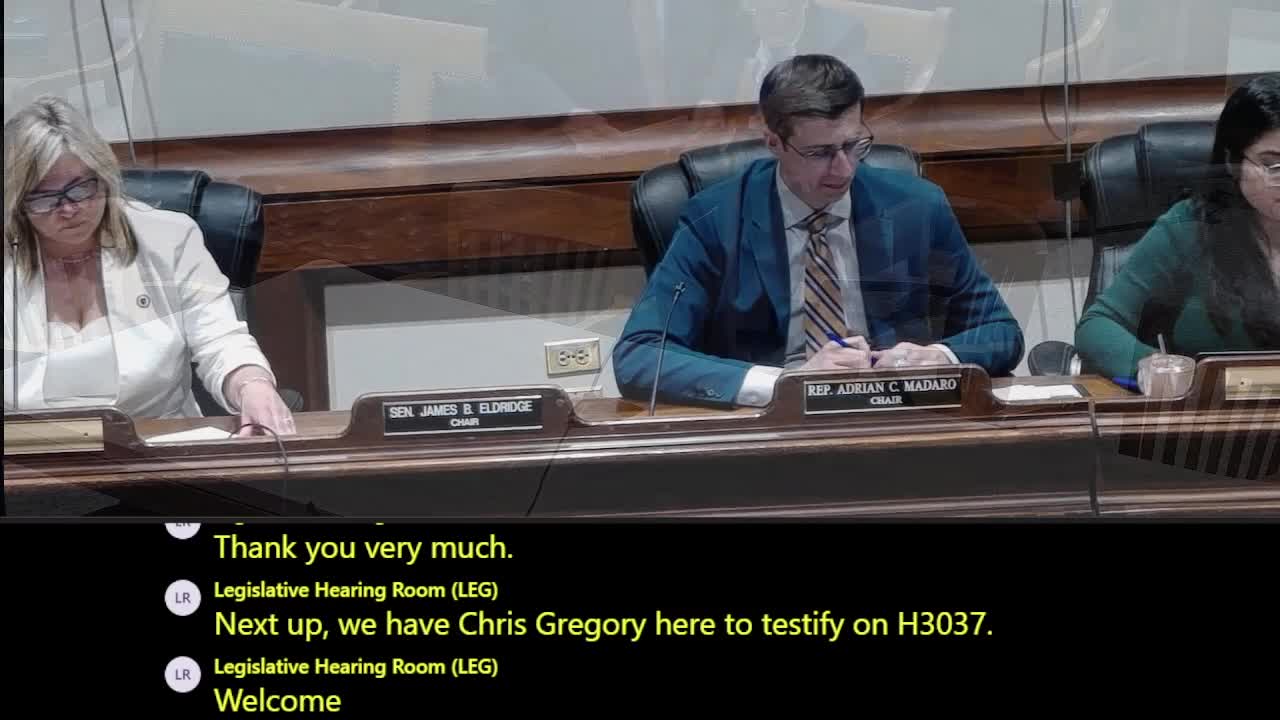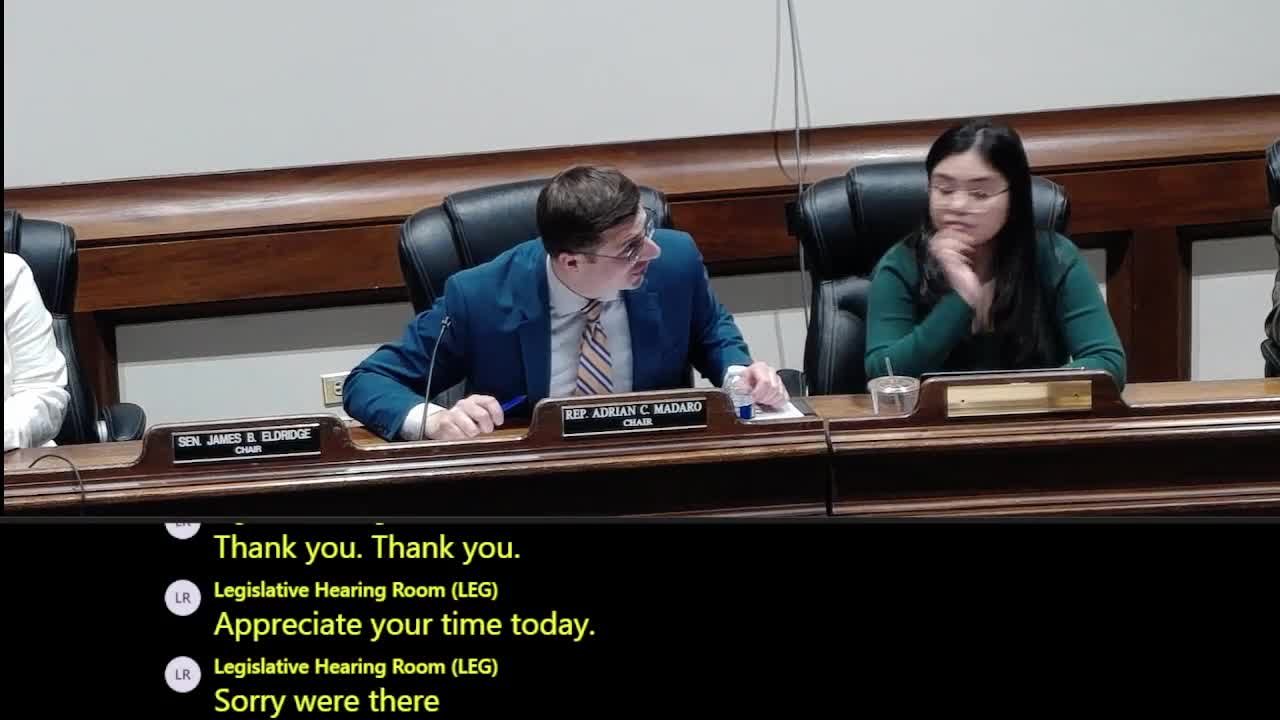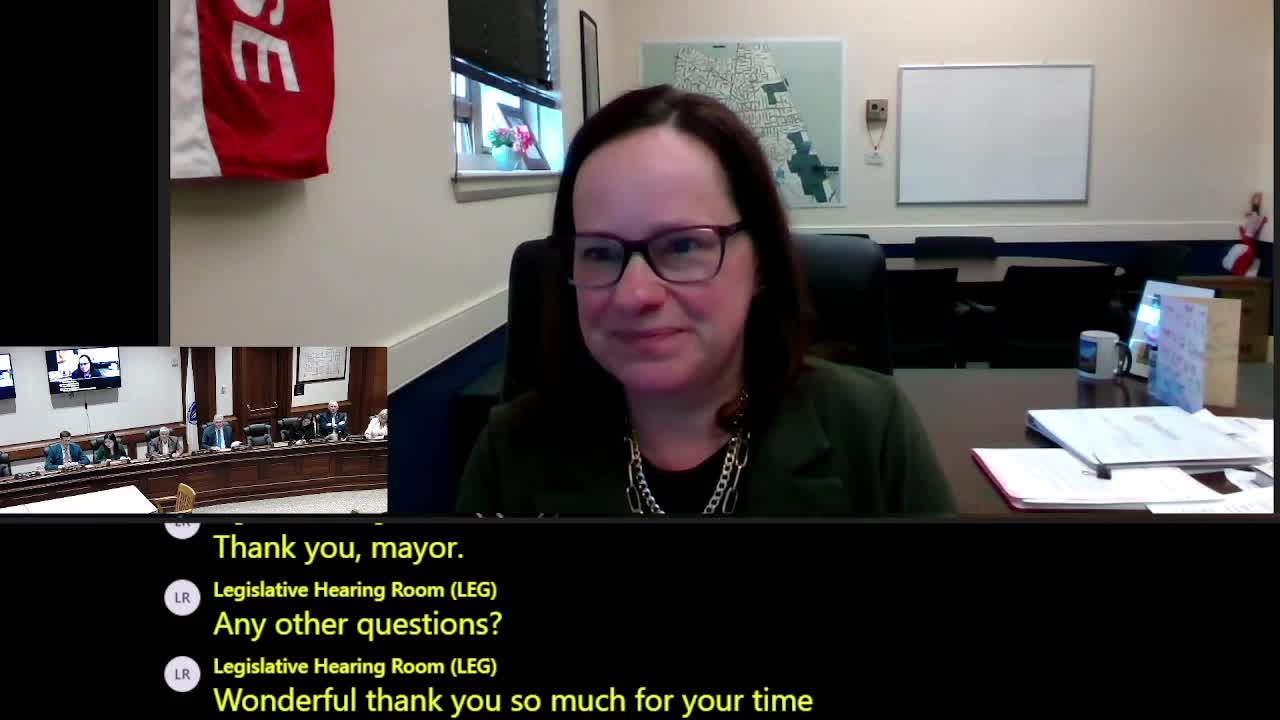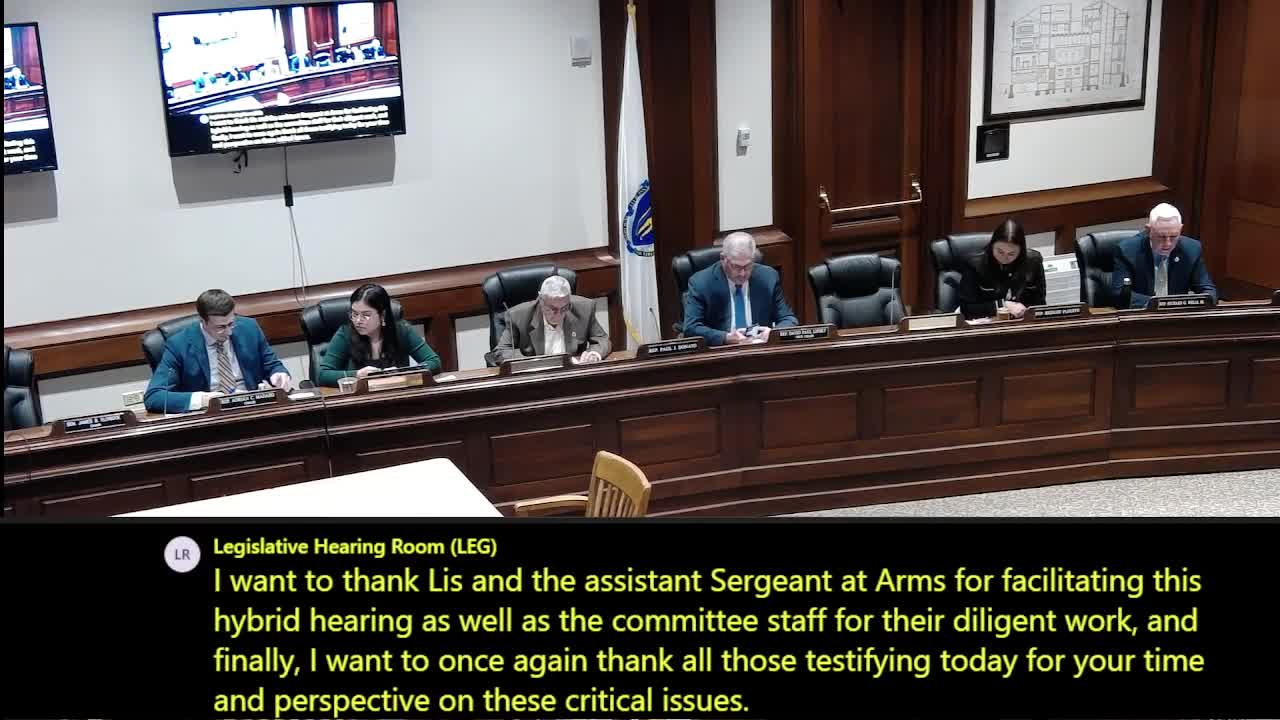Article not found
This article is no longer available. But don't worry—we've gathered other articles that discuss the same topic.

Advocates ask for state tax check‑off to fund environmental work in least developed countries

Airport operators ask Legislature to exempt privately owned runways, taxiways from local property tax

MCAD seeks state tax check‑off to create voluntary fund as federal grants fall

